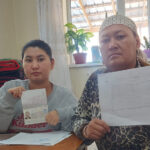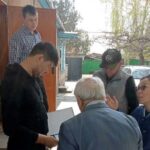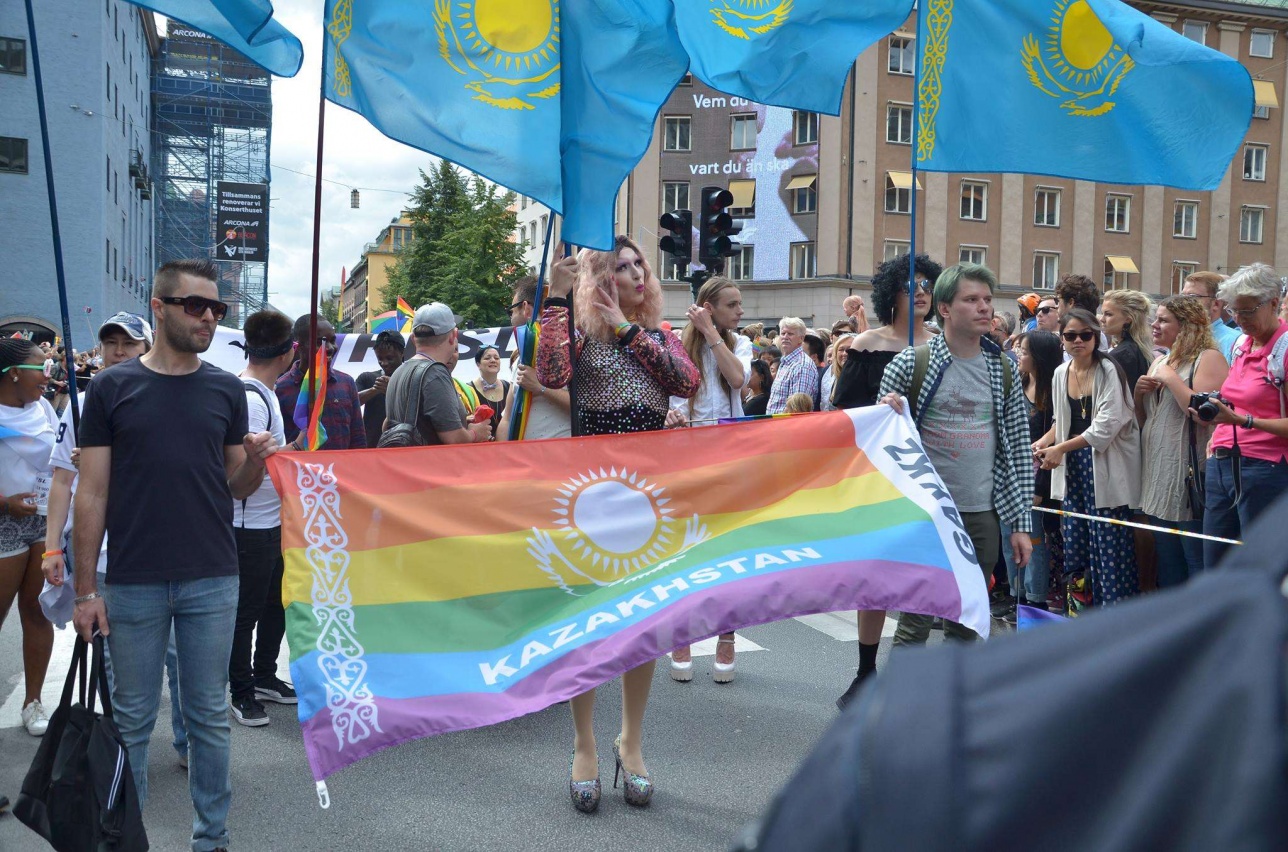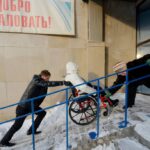This special three-part series on civic space in Kazakhstan analyses recent developments and threats – in law and practice – to respect for the fundamental freedoms of association, peaceful assembly and expression.
In our final post of the series, we focus on the freedom of peaceful assembly and discuss the latest developments related to the regulation of the right to protest in Kazakhstan. Information for this special series was provided by our research partner the International Partnership for Human Rights and the Kazakhstan International Bureau for Human Rights and Rule of Law.
Peaceful Assembly
The right to peaceful assembly is seriously restricted in law and practice in Kazakhstan. Following a 2015 visit to the country, the UN Special Rapporteur on the rights to freedom of peaceful assembly and of association, Maina Kiai, concluded that the government’s approach to regulating assemblies “deprives the right of its meaning.” In a statement, Maina Kiai affirmed:
While current legislation requires the organisers of assemblies to obtain permission in advance, it is often denied on various pretexts or protests are only allowed in remote venues specifically designated for this purpose. Peaceful, unauthorised protests are regularly dispersed by police, and organisers and participants have been detained, taken to court and given administrative penalties. Holding unauthorised protests may also result in criminal prosecution. Trials against those accused of violating the procedures for organising assemblies are frequently marred by fair trial and due process violations. Authorities also use the tactic of “preventive” detentions of civil society activists ahead of planned protests, and journalists have repeatedly been detained when covering unauthorised assemblies.
In April-May 2016, unprecedented, wide-scale peaceful protests on controversial land reforms and broader issues took place in Kazakhstan. The government’s response to these protests was predominantly repressive. Hundreds of protesters were detained in cities across the country and dozens of people, including prominent civil society activists, human rights defenders and social media users were warned, fined or imprisoned for up to 15 days. Some civil society activists faced criminal charges because of their role in these protests, and the November 2016 imprisonment of Max Bokayev and Talgat Ayan set a dangerous precedent in this respect (see more in the section on freedom of expression).
In recent months, KIBHR has documented new cases where the right to freedom of peaceful assembly has been violated. These are a few examples:
- Dozens of applications submitted by civil society activists in Astana for pickets in support of Max Bokayev and Talgat Ayan were collectively rejectedin November with the argument that the call for the release of the two activists “may amount to interference with the administration of justice.”
- As a small group of people gathered for a picket in support of the two activists in Almaty on 23rd October, the organisers were detained and two of them were sentenced to ten days of administrative arrest. On 25th October, civil society activist Zhattik Tazhkennova and human rights defender Yelena Semenova were detained and fined after holding up placards in support of Max Bokayev and Talgat Ayan outside the court building where the trial against the two activists was taking place in Atyrau.
- Ahead of Independence Day on 16th December, several civil society activists in the city of Uralsk were “preventively” detained and warned not to participate in protests on that day. In Almaty, civil society activist Almat Zhumagulova was sentenced to 15 days of administrative arrest for re-posting the Facebook post of a civil society activist living abroad, in which he called for holding a rally on 16th December.
- Following the court decision of January 2017 to close down the Confederation of Independent Trade Unions of Kazakhstan (please see the CIVICUS Monitor‘sprevious post on freedom of association in Kazakhstan for more information), oil workers in the Mangystau region launched a peaceful hunger strike to protest against this decision. As of mid-January 2017, several hundred workers were reported to be participating. However, on 19th January, an Aktau court ruled that the hunger strike was unlawful and participants are now facing sanctions. The hunger strike was called off following the arrest of two of its leading figures on 20th January.

















